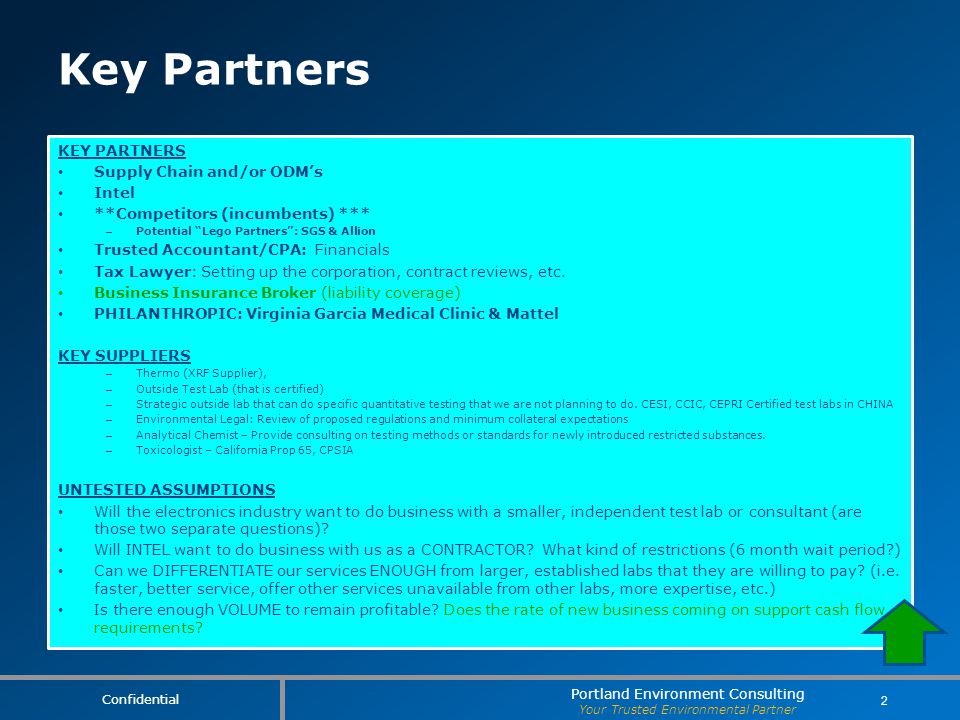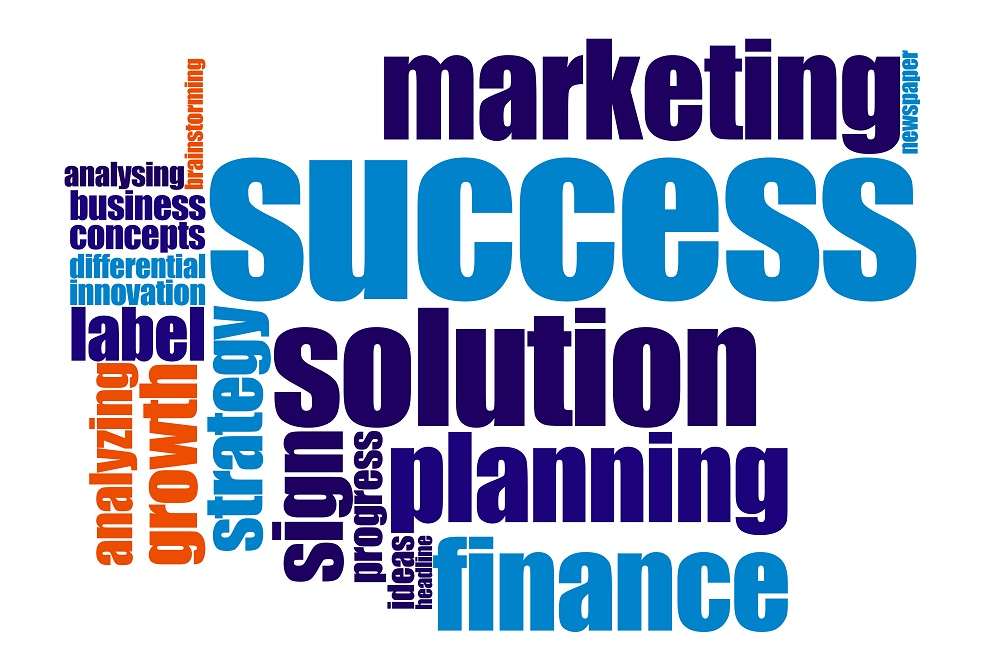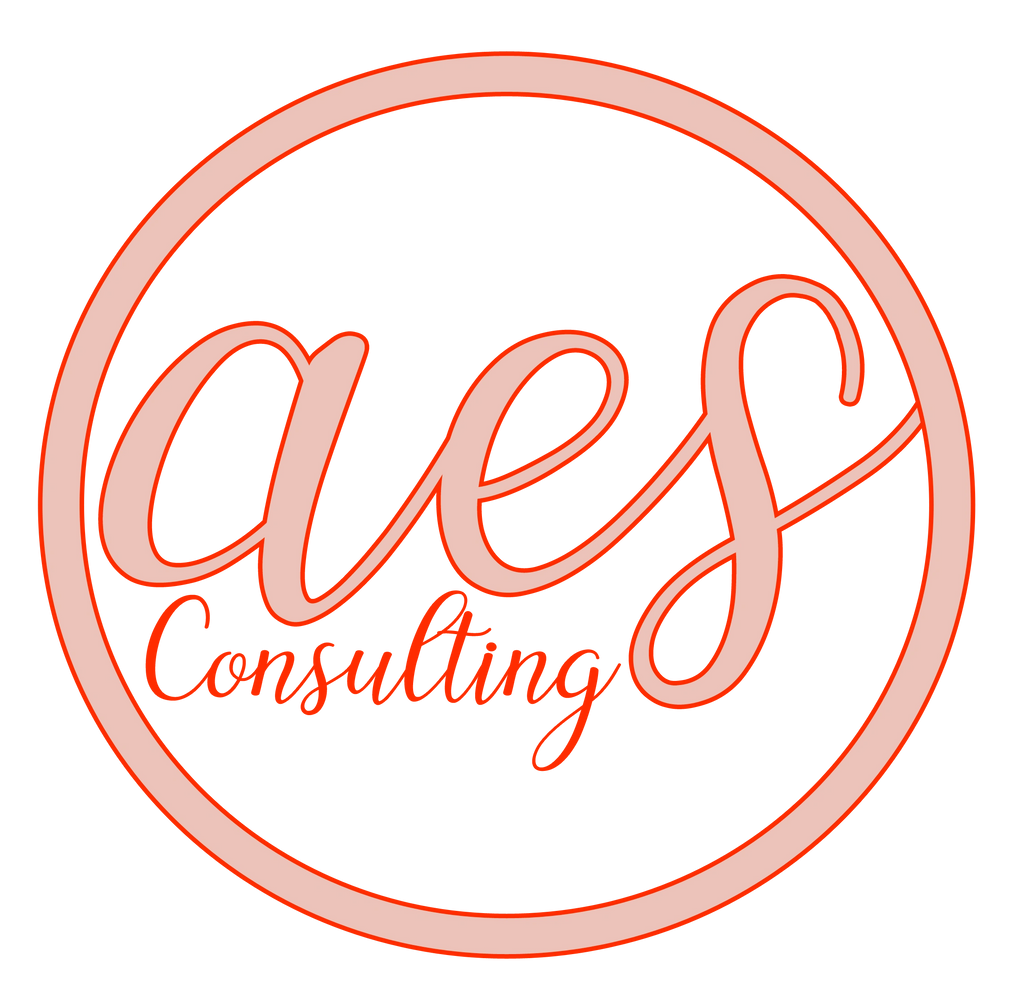
Understanding and measuring your employees' skills is key to managing human capital. These skills can be used to help you develop a compensation incentive system. This will allow your business to better align skill sets with salaries. By encouraging employees to increase their core competencies, a pay for skills system can help you reduce employee turnover and encourage retention. This will increase their satisfaction and help them stay longer in the company.
Employee engagement
Engagement is an important component of managing human resources. This process involves providing employees with meaningful feedback and providing a sense of purpose. It provides employees with the opportunity to speak up and give feedback. As such, managers should communicate regularly with their staff to understand their concerns and give them regular feedback.
Organization productivity is affected by employee turnover. Gallup estimates that millennial turnover is costing organizations $30.5 billion each year. Engagement makes it more likely that employees will remain in the same job and are happier with their work.
Performance management
Human capital performance management aims to align the strategy of an organization with its employees' performance. This involves setting goals and objectives, and making sure everyone is working in the same direction. This includes creating and monitoring individual performance plans as well as determining compensation. Performance management is also about identifying and developing key talent and high-potential employees. This approach can be used in a variety of situations, from hiring and firing to evaluating the quality of performance and identifying training needs.

The best performance management system integrates employee engagement with performance improvement. This will ensure that employees feel engaged in learning and development. Microsoft's call-center agents gamification program is a good example. The goal is for employees to have the knowledge and skills required to fulfill their role. Performance management should be integrated into the employee development program in order to achieve success.
Compensation
A good compensation package can make it easier to attract top talent. But it is crucial to remember that compensation isn't just about the money. It also involves how to motivate employees. A well-designed compensation management system can help companies attract top talent, retain employees, and motivate them. Choosing the right mix of compensation can also boost a company's revenue and efficiency.
Compensation management is about ensuring that benefits and salaries are competitive and meet the needs of current employees. This requires the analysis of employment data and keeping current on complicated benefits administration rules. While compensation is important, it is also vital to ensure that employees are paid appropriately and on time.
Pay-for-performance
Pay-forperformance is a great method to motivate and retain your employees. Employees can increase their wages by setting specific goals. This model can be used to recruit more skilled employees. Although this compensation model is not right for every company it can encourage top performers and motivate them to stay.
When implementing pay-for-performance, it is important to ensure that the CEO and HR departments are fully committed to this concept. The concept is more popular when top management supports it. Middle management will likely follow their lead.

Learning
Employers can increase the value of their employees by using learning in human capital management. Learning can be a key part of any organization, no matter if you are hiring or promoting employees. Understanding the trends in your industry and the needs your staff have is one of the best ways you can improve your human capital.
You can do this by offering training to your employees. Employees will feel more confident and excited about their job if they are given the right training. Employees who feel competent will do better in their jobs.
FAQ
What tax do I have to pay on consulting income?
Yes. You will have to pay taxes on your consulting profits. This amount will depend on how much you earn each year.
If you're self employed, you can deduct expenses beyond your salary.
However, you can't deduct interest payments for loans, vehicle depreciation or the cost to purchase equipment.
You can only claim back 25% of your expenses if you earn less than PS10,000 a year.
However, you might still have to pay tax if your earnings are higher than the threshold. This depends on whether you are an employee or contractor.
Employers are taxed via PAYE (pay as your earn), and contractors through VAT.
What are the benefits of being a consultant
Consultants can often choose the hours and topics they work on.
This means you can work whenever you like and wherever you wish.
You also have the freedom to change your mind at any time without fearing losing your money.
Finally, you can control your income and set your own schedule.
What should I expect from my consultant
After you have selected your consultant, expect to hear from them within a few business days. They will often ask about your company's mission, goals and products. After receiving this information, they will prepare a proposal outlining their scope of work, estimated timeline, fees, deliverables and milestones.
If all goes well, the parties will then negotiate a written agreement. The type relationship between the two sides (e.g. employee-employer or independent contractor-employer) will dictate the terms of the contract.
If all goes according to plan, the consultant will begin working immediately. The consultant will have access your internal documents and resources. Additionally, you'll have access their skills and knowledge.
Don't assume that someone who is a consultant knows everything. To become an expert in any field you consult, it takes practice and effort. Don't expect your consultant know everything about your company.
What kind of contracts can consultants sign?
When they are hired, most consultants sign standard employment contracts. These agreements define the terms of the agreement, including how long the consultant is expected to work for the client as well as what he/she should be paid.
Contracts will also outline the areas of expertise and compensation for the consultant. An agreement could state, for example, that the consultant will offer training sessions, workshops and webinars.
Sometimes, the consultant agrees to do certain tasks within a given time frame.
Many consultants sign independent contractor agreements in addition to the standard employment agreements. These agreements allow consultants to work independently while still receiving payment.
Statistics
- Over 50% of consultants get their first consulting client through a referral from their network. (consultingsuccess.com)
- 67% of consultants start their consulting businesses after quitting their jobs, while 33% start while they're still at their jobs. (consultingsuccess.com)
- According to statistics from the ONS, the UK has around 300,000 consultants, of which around 63,000 professionals work as management consultants. (consultancy.uk)
- Over 62% of consultants were dissatisfied with their former jobs before starting their consulting business. (consultingsuccess.com)
- "From there, I told them my rates were going up 25%, this is the new hourly rate, and every single one of them said 'done, fine.' (nerdwallet.com)
External Links
How To
What's a typical day like for a Consultant?
A typical day will vary depending on the type of work you are undertaking. You'll spend your time researching new ideas and meeting clients.
You will often have meetings where you discuss issues and problems with clients. These meetings can be conducted over the phone, by email, face-to-face, or online.
You may also be asked to prepare proposals, which are documents outlining your ideas and plans for clients. These proposals will be presented to clients by you and a mentor.
You will need to create content after all your planning and preparation. You might be creating articles, videos, editing photos, writing interviews, or designing websites.
You may need to conduct research depending on the scope of your project to find relevant statistics and figures. It may be necessary to know how many customers are currently using your products or services.
After gathering enough information, you can present your findings to clients. You can present your findings verbally or in writing.
You must also follow up with clients following the initial consultation. You might contact them regularly to check on their progress or send them emails to confirm they have received your proposal.
This is a long process that can take some time. However, it is crucial to stay focused and to maintain good relationships.